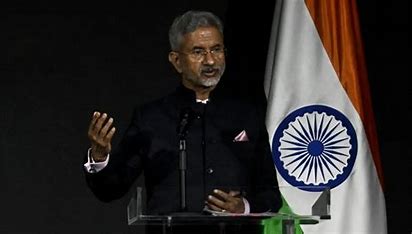
Adelaide Zoo in Australia has come under fire for euthanising a healthy lioness named Amani after her long-time companion, Mujambi, was put to sleep due to health issues. This decision has sparked a wave of backlash on social media, with many questioning if it was the only option.
Mujambi, a 19-year-old African lion, experienced a severe medical episode, prompting the zoo’s veterinary team to intervene. When efforts to improve his condition failed, the decision was made to euthanise him to prevent further suffering.
Amani, a 23-year-old lioness and the oldest in captivity in Australia, was euthanised shortly after Mujambi’s passing. The zoo explained that the negative impact of separating her from her partner outweighed any benefit of keeping her alive, as the two had been closely bonded for 16 years.
The zoo management stated that relocating Amani to another facility or integrating her into another pride was considered but ultimately deemed too risky and stressful for the aging lioness. “African lions typically live in groups, and at her age, moving Amani was not feasible,” said Zoo Director Phil Ainsley.
Amani, who had celebrated her 23rd birthday in May, was showing signs of age-related health issues. Her keepers had even organised a special celebration with pinatas and toys to mark her milestone.
The decision to euthanise a healthy animal sparked widespread backlash online. Many questioned the necessity of the action, calling it “extreme” and “unjustified.” Social media users flooded the zoo’s posts, with comments like “Was there really no other option?” and “Why couldn’t she live alone?”
One user wrote, “Killing a healthy animal is cruelty. I will never support this zoo again.”
In response to the criticism, the zoo released a statement explaining that the decision was not taken lightly and was based on Amani’s age, health concerns, and her strong bond with Mujambi.
In memory of Amani and Mujambi, the zoo has created a website titled “Remembering African Lions Mujambi and Amani,” encouraging the public to share their thoughts and messages of support for the staff who cared for them.
While the zoo stands by its decision, the incident has sparked a broader conversation on the ethical treatment of animals in captivity and the difficult decisions zoos face in managing aging wildlife.















